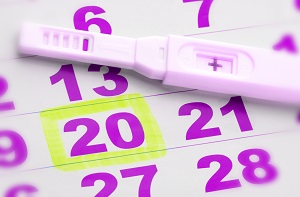Thanks to the growing popularity of smartphones, many applications have been created to monitor the menstrual cycle. In theory, they should help identify any irregularities in the cycle, delays and fertile periods. But a question arises: are these apps really reliable? This is what Dr. Laura Symul has asked herself. Fertility recognition methods are used to identify fertile days within the menstrual cycle. Some couples use them to facilitate conception, while others use it as a contraceptive method.
The most famous is the Ogino-Knaus, but there are many types, including the apps in question. Dr. Symul worked with Stanford University to analyze the effectiveness of two fertility applications. The doctor analyzed data from 200,000 app users. The two applications analyze fluids and body temperature upon awakening, combining them with other biological data. Based on this, they say whether it is a fertile day or not.
The team observed over 2.7 million menstrual cycles, over 30 million days. The average user was found to be European or American, over 30, normal weight. According to the collected data, the follicular period could be shorter than previously reported. Only 24% of the ovulations recorded by the app takes place between the 14th and the 15th day. The luteal phase, on the other hand, would be roughly the one measured previously.
Dr. Symul believes the data is useful for users and doctors, but not 100% reliable.
Source: epfl.ch/index.en
















